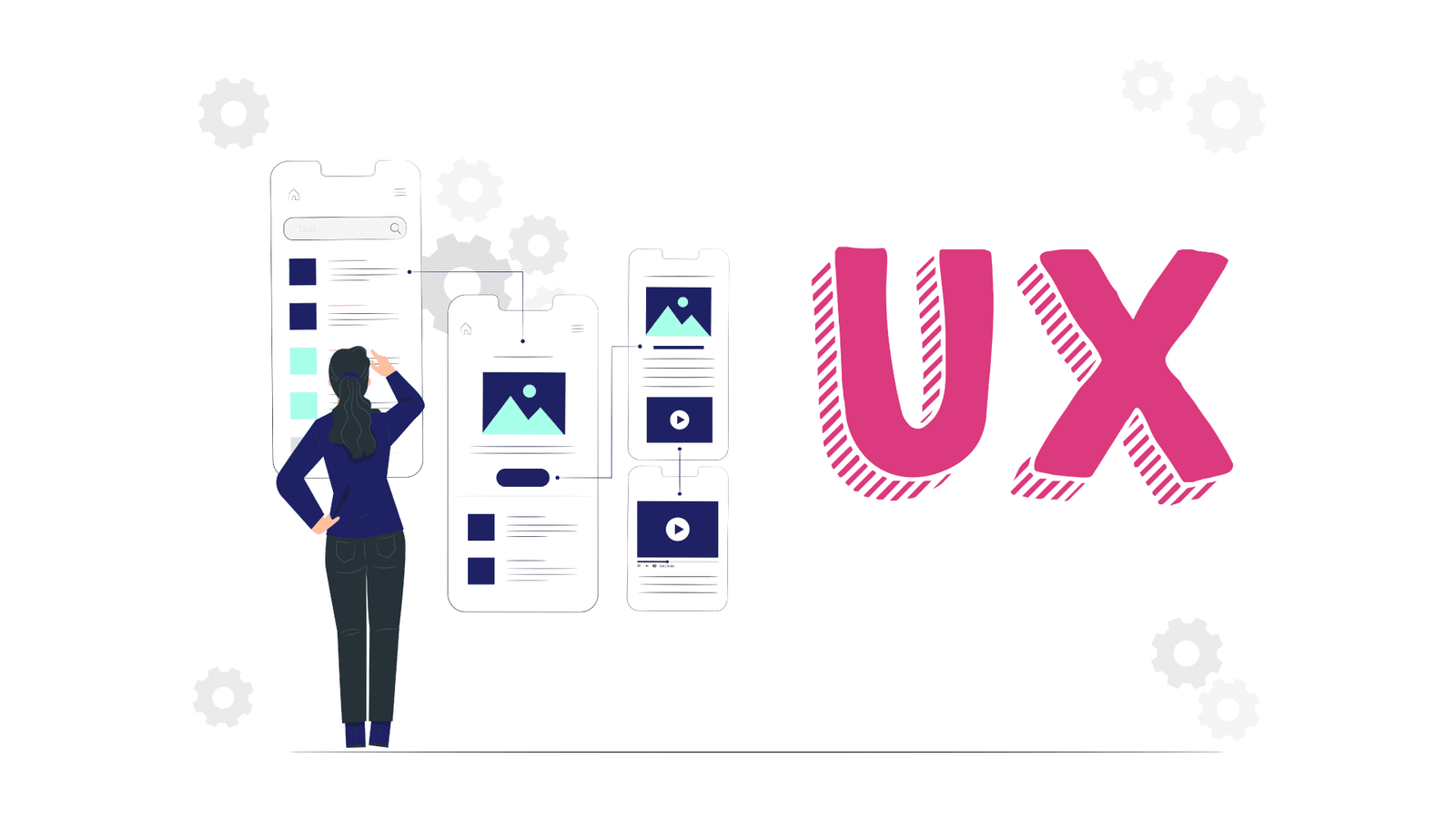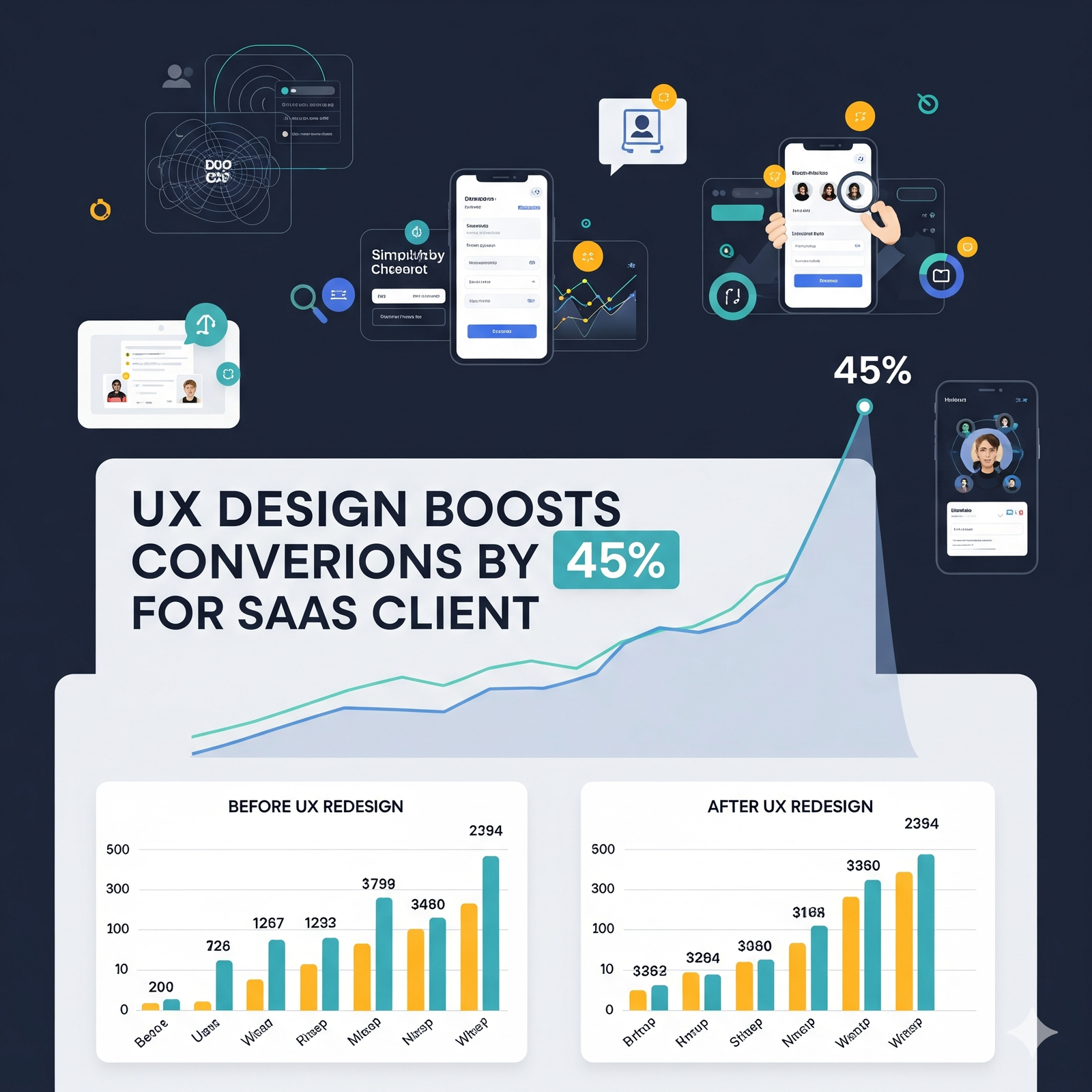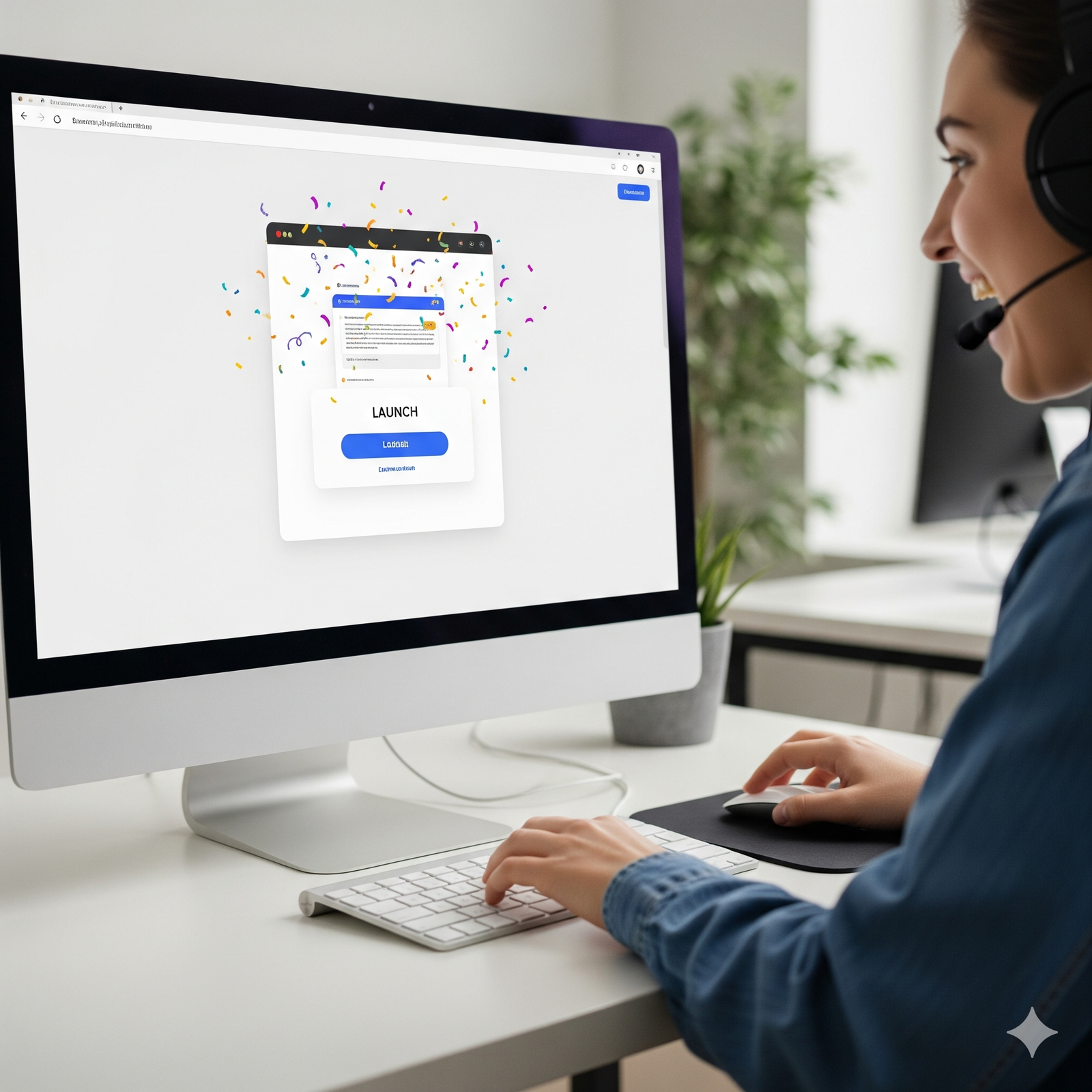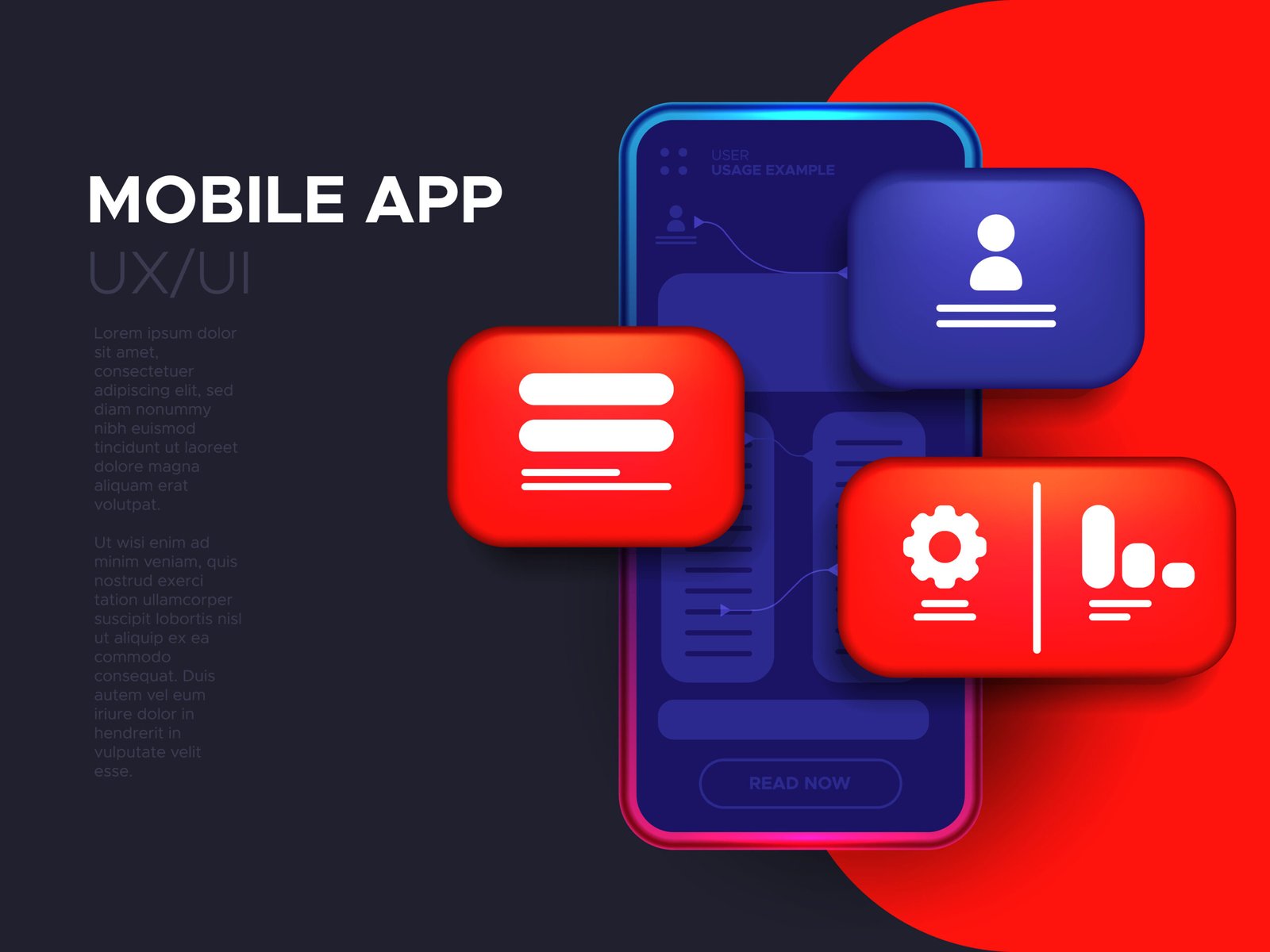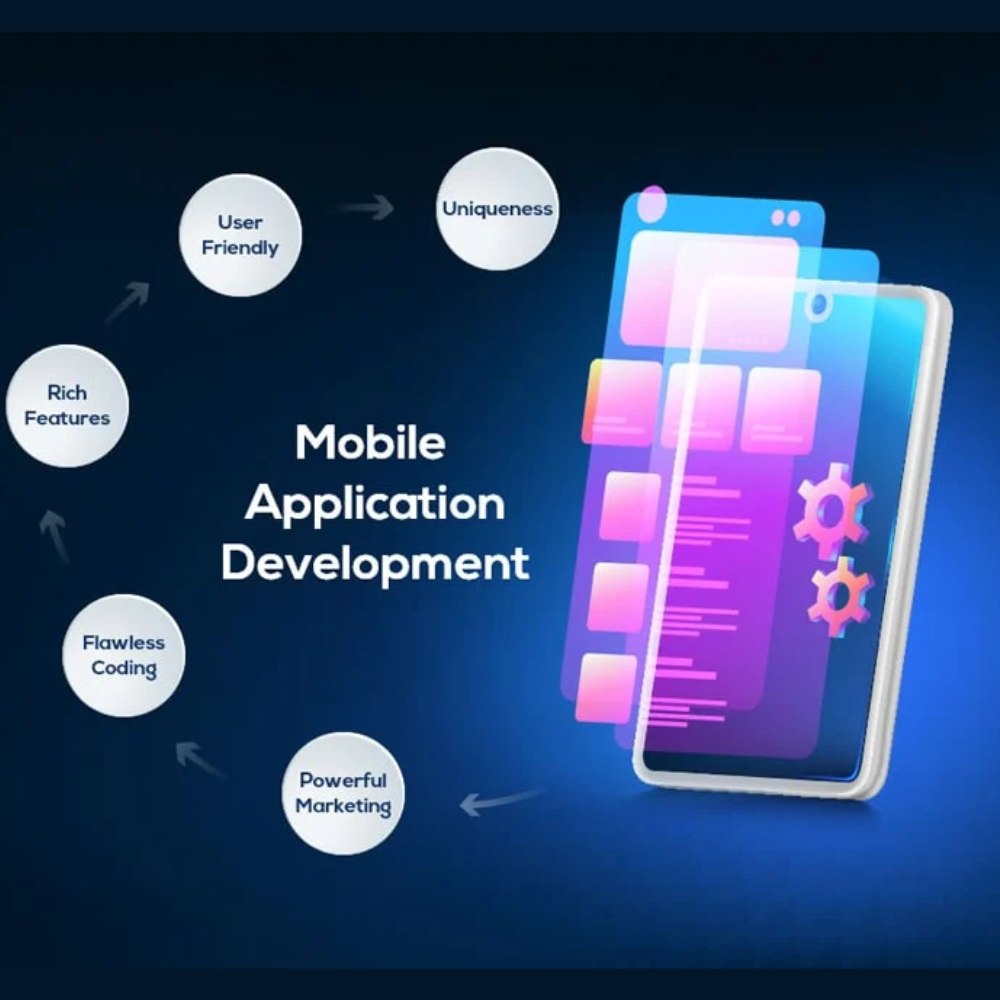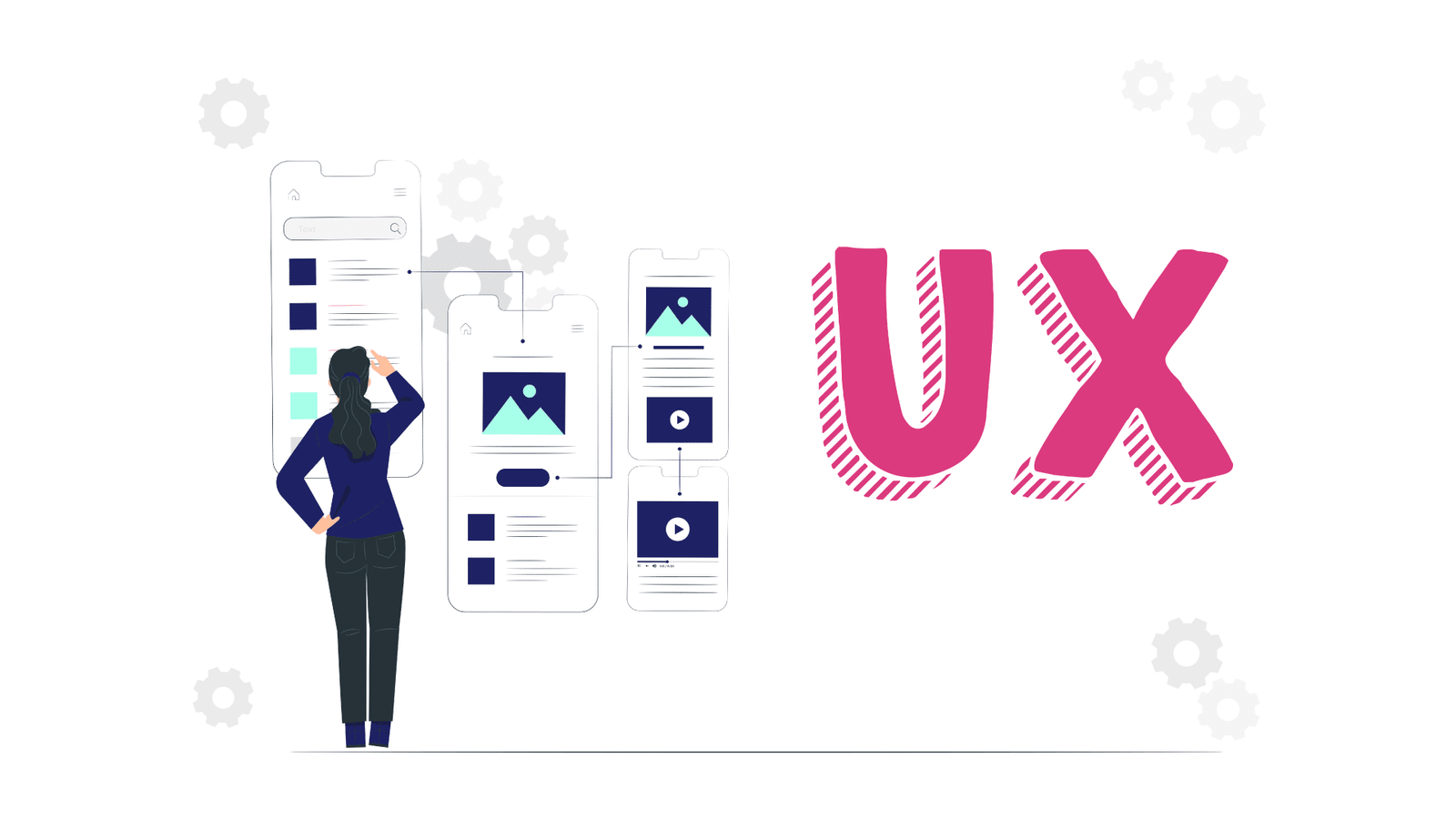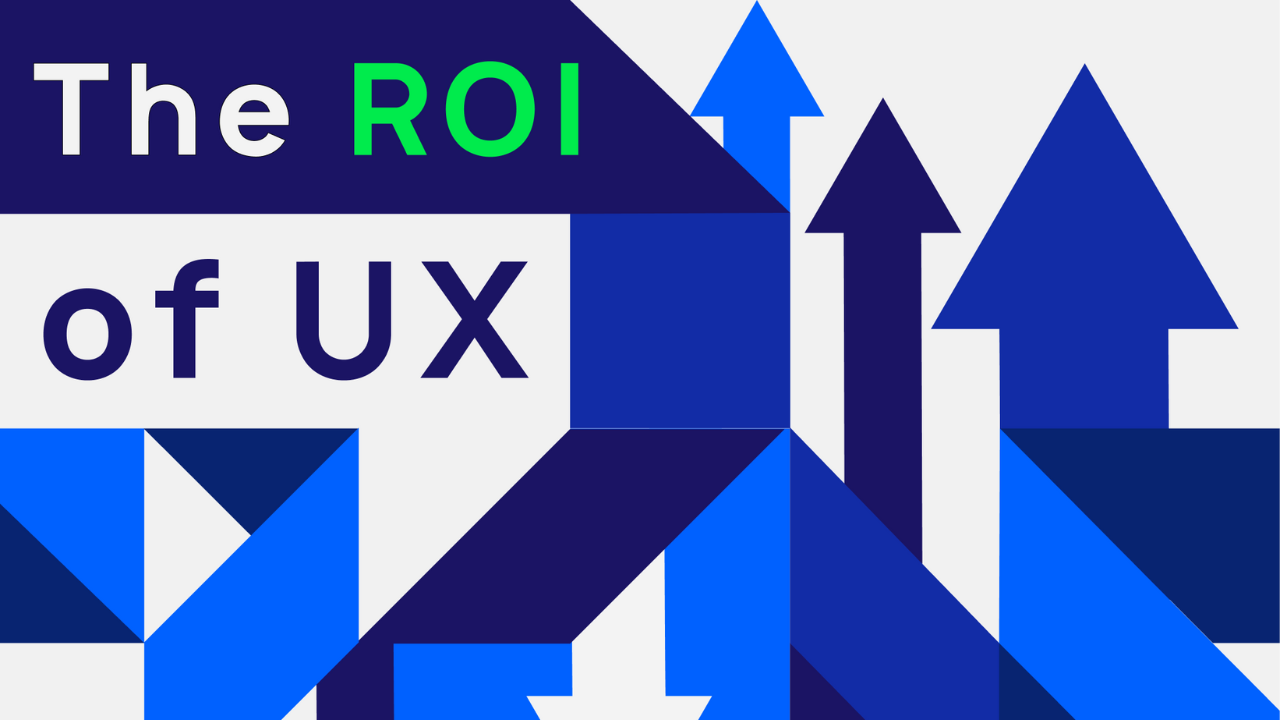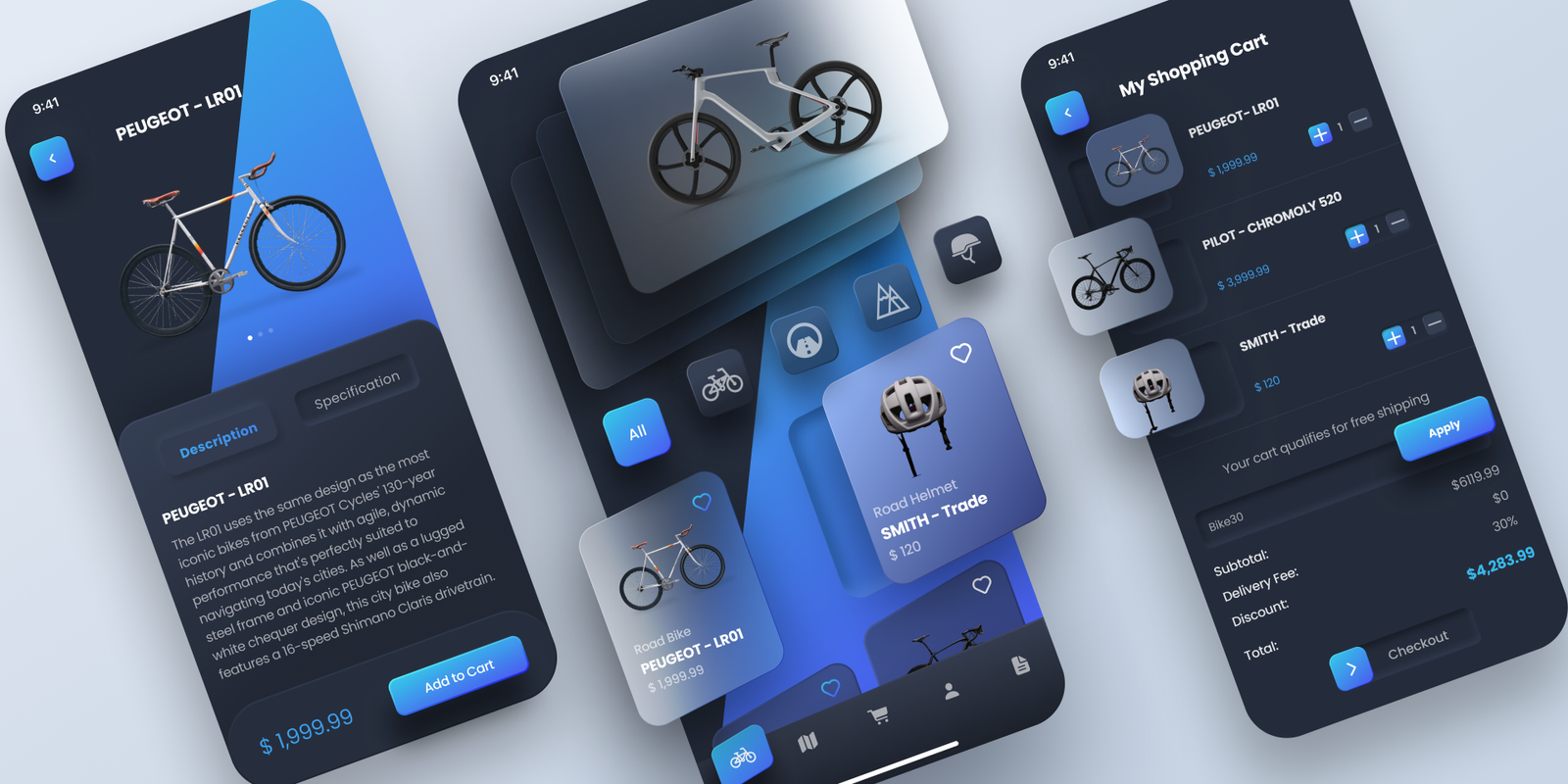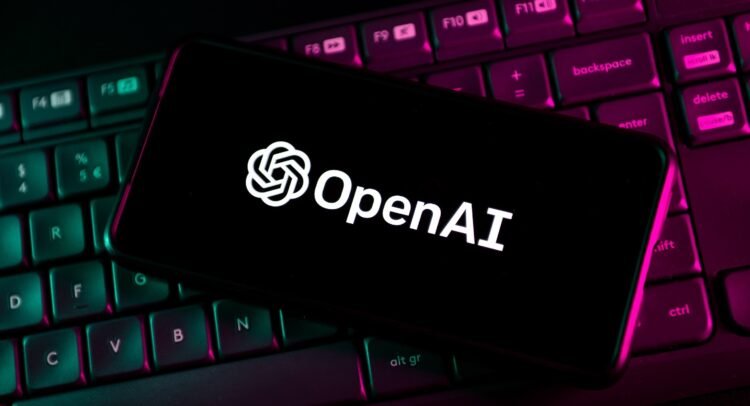In today’s digital first world, cyberattacks have become a routine risk for every organization. As businesses rapidly adopt cloud platforms, AI tools, and connected systems, hackers are equally evolving with smarter and more targeted attacks. From ransomware to phishing to insider threats, cybersecurity is now central to business continuity, data protection, and customer trust. Here’s a detailed look at the biggest cybersecurity threats in 2025 and how companies can protect themselves effectively.

AI-Powered Cyber Attacks
Artificial intelligence is not just empowering businesses it’s now helping cybercriminals too. Hackers are using AI to create deepfake scams, generate convincing phishing emails, and develop malware that can intelligently bypass traditional security systems. These attacks are harder to detect and spread faster than ever. To stay protected, businesses must implement AI-based threat detection tools, conduct regular security audits, and use multi-layered firewalls and endpoint protection systems.
Ransomware Attacks
Ransomware remains one of the most damaging threats in the corporate world. Hackers lock critical company data and demand payment to restore access, often costing businesses millions and halting operations. The only real defense is preparation regular offline and cloud backups, employee training to identify malicious links, and strict access control policies can drastically reduce risk. Early detection tools and incident response plans are equally important.
Cloud Security Risks
With most companies shifting to cloud platforms like AWS, Azure and Google Cloud, misconfigurations and weak login credentials are becoming major vulnerabilities. Hackers often exploit overlooked settings to access sensitive data. To secure their cloud environments, businesses must enforce multi-factor authentication, encrypt stored data and run periodic cloud configuration audits. Strong identity and access management policies are also essential.
Phishing and Social Engineering
Even with advanced technology, humans remain the weakest link. Phishing attacks—through fake emails, messages or cloned websites lead to more than 80% of data breaches. Attackers trick employees into revealing passwords or clicking malicious links. The best defense is continuous training, email authentication tools and a zero-trust security approach where no user is automatically trusted, even within the organization.
IoT and Device Vulnerabilities
From smart cameras and sensors to connected machines and wearables, IoT devices are now widely used in businesses but most lack strong security. Hackers can exploit these devices to enter internal networks. Companies must ensure that all devices are connected to secure networks, unused permissions are disabled and firmware is regularly updated. Using VPNs and device monitoring systems further reduces risk.
Data Breaches and Compliance Issues
As data privacy laws like GDPR, HIPAA and India’s DPDP Act get stricter, companies cannot afford weak data protection. Breaches not only damage reputation but also lead to heavy penalties. Encrypting sensitive data, using role-based access control and conducting compliance audits are necessary steps. Organizations must maintain data handling policies that align with legal requirements and customer expectations.
Insider Threats
Many cyber incidents originate from within the company whether by mistake or intention. Employees, former staff or third-party vendors can expose confidential data or misuse system access. To minimize internal risks, businesses should monitor user activity, limit system access based on roles and immediately revoke access when employees exit. Educating teams about responsible cybersecurity practices is equally important.
Cybersecurity is no longer just an IT responsibility; it is a core business priority. Every company whether a startup or enterprise must protect its digital assets, networks and customer data to ensure long-term growth and trust. By adopting proactive security strategies and staying updated with evolving threats, businesses can significantly reduce risk. At UXDLAB supports organizations in building secure digital solutions, strengthening infrastructure and preventing cyber threats before they strike.



































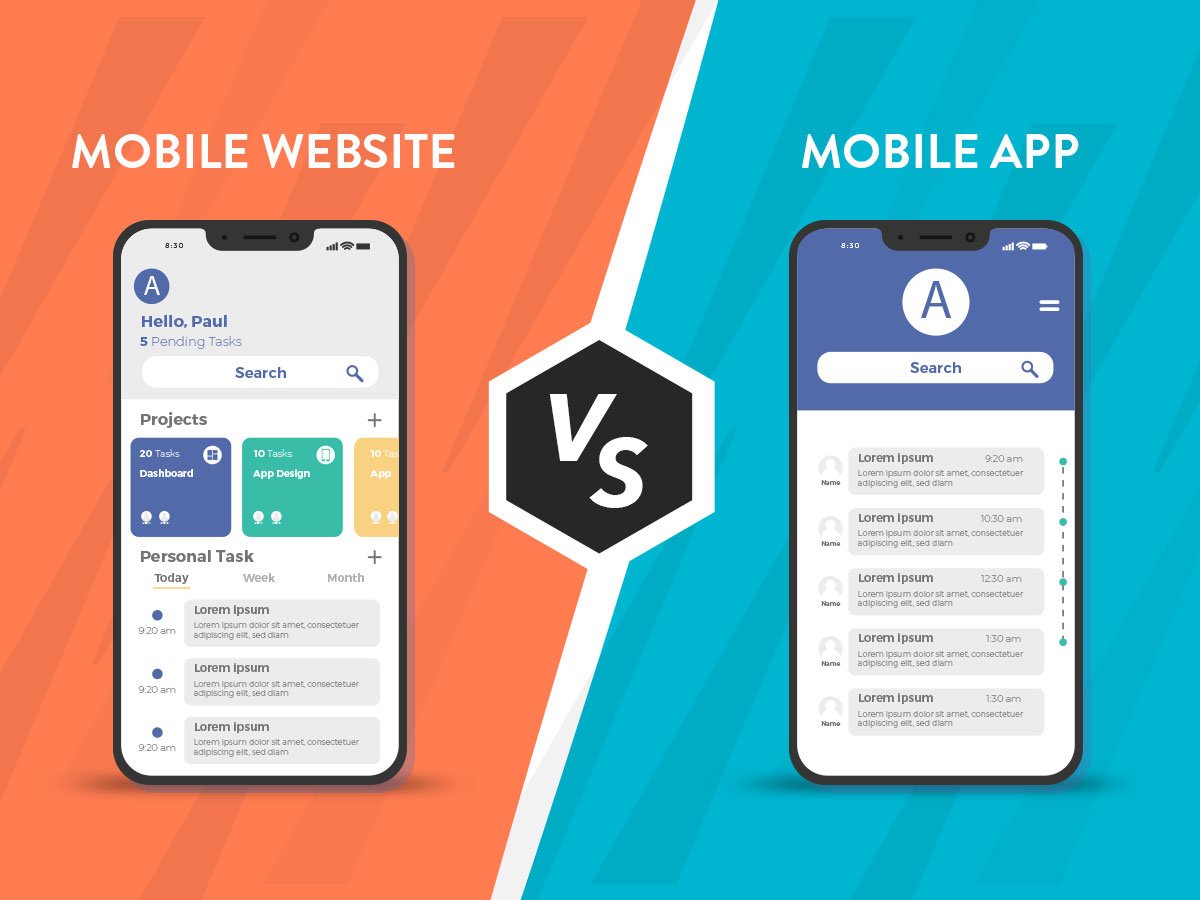

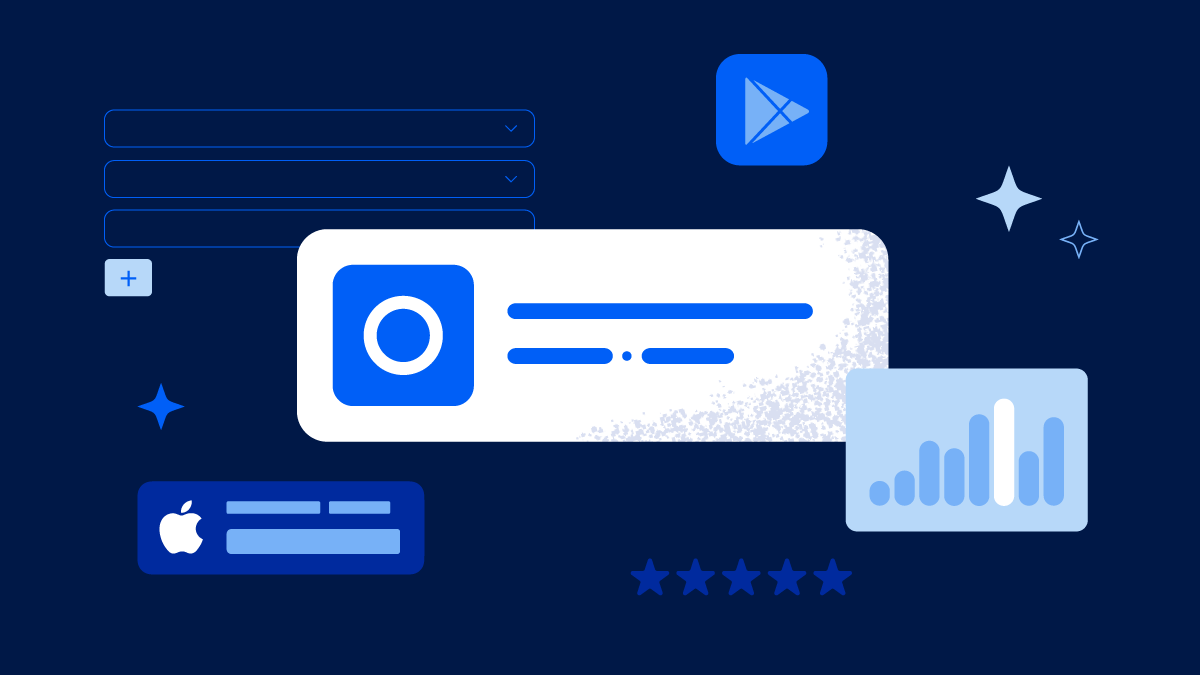
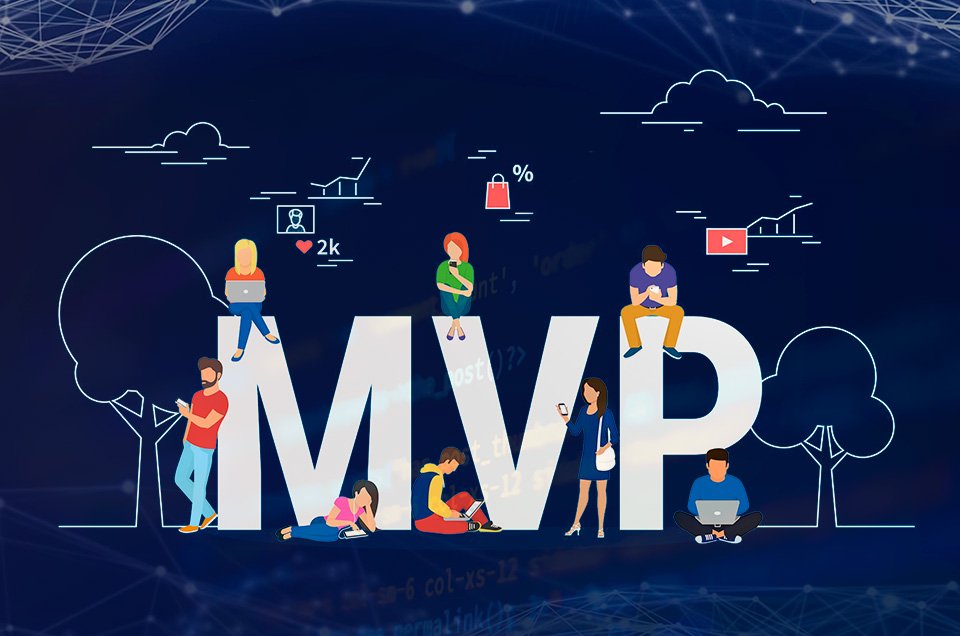




![Case Study: How We Helped [Client] Scale with a Custom Mobile App](https://uxdlab.com/wp-content/uploads/2025/08/case.png)


